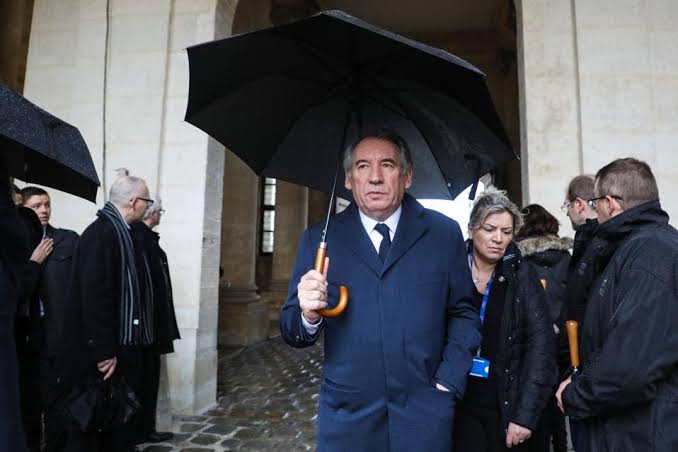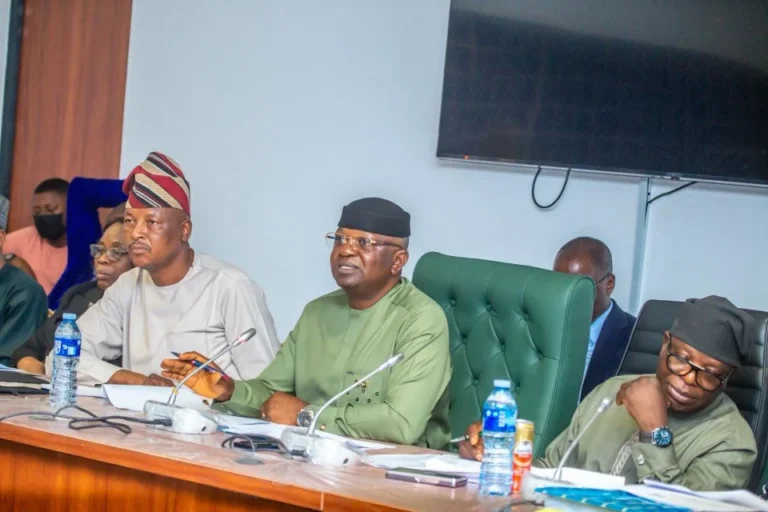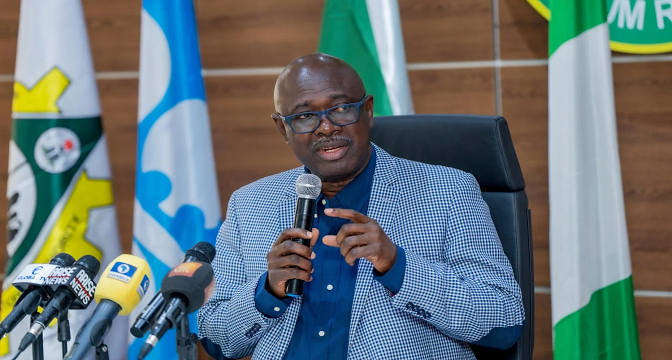
Stunned and dismayed by Donald Trump’s behavior, which is increasingly widening the divide between the United States and Europe, the French have come to the realization that they have entered a “new era,” as noted by Emmanuel Macron on March 5. Recent opinion polls following the president’s speech indicate a clear trend: the French populace, solemnly warned about the dangers of potentially abandoning Ukraine, expresses significant concern, does not downplay the Russian threat, and recognizes the necessity for rearmament. Consequently, France, along with its European allies, has committed to this rearmament effort to safeguard the security of the European continent.
Transitioning to a new era necessitates a shift in mindset. It is essential to reevaluate strategies in light of the imperative to strengthen and solidify European sovereignty. The challenges are substantial, requiring an investment of tens of billions of euros to enhance defense capabilities, as well as to support innovation, research, the Green transition, and the industrial sector, all of which will demand difficult decisions and a significant reallocation of resources.
See more: French male film stars tell #MeToo inquiry about ‘clumsy’ remarks
France is not ideally positioned to navigate this pivotal moment. It is constrained by its substantial debt, one of the highest in the eurozone, along with significant public deficits, a fragmented political landscape, and a government that lacks momentum. Following the collapse of the Barnier administration, Prime Minister François Bayrou struggled to pass state and social security budgets, which continue to operate at a considerable deficit. Critical actions still lie ahead.
The alignment between the president and the prime minister is largely unquestioned. Their shared goal is to enhance the country’s production capacity to lessen its reliance on external sources and to maintain a sustainable social model, despite its current imbalance. However, a significant issue remains: the retirement age, set at 64, has become emblematic of Macron’s “work more” policy since 2022 and has sparked intense social unrest. Unions and leftist parties argue that reversing the 2023 pension reform is essential for “democratic repair,” claiming that progress is impossible without it.
Under pressure from the president to promptly address the implications of the new global landscape, and facing criticism from former prime minister Edouard Philippe for being out of touch, Bayrou has consistently defended his approach. He seeks to re-engage labor unions and employer organizations while actively educating the French populace to encourage shared responsibility. He presents three key arguments: political distrust is at an unprecedented high, the socioeconomic divide has widened over the past seven years, and the far-right poses a significant threat. Marine Le Pen, the far-right leader, is poised to capitalize on any social misstep, having been caught off guard by recent international developments.
Gradually, Bayrou is limiting the options available. On March 16, during an interview on France Inter, he dismissed the idea of reverting the retirement age to 62 and rejected the tax increases proposed by the left, even at the risk of alienating some of his more vulnerable supporters. This represents the boundary of his conciliatory approach: rather than fostering consensus, it may undermine his influence and invite criticism from those who accuse him of merely stalling for time.



